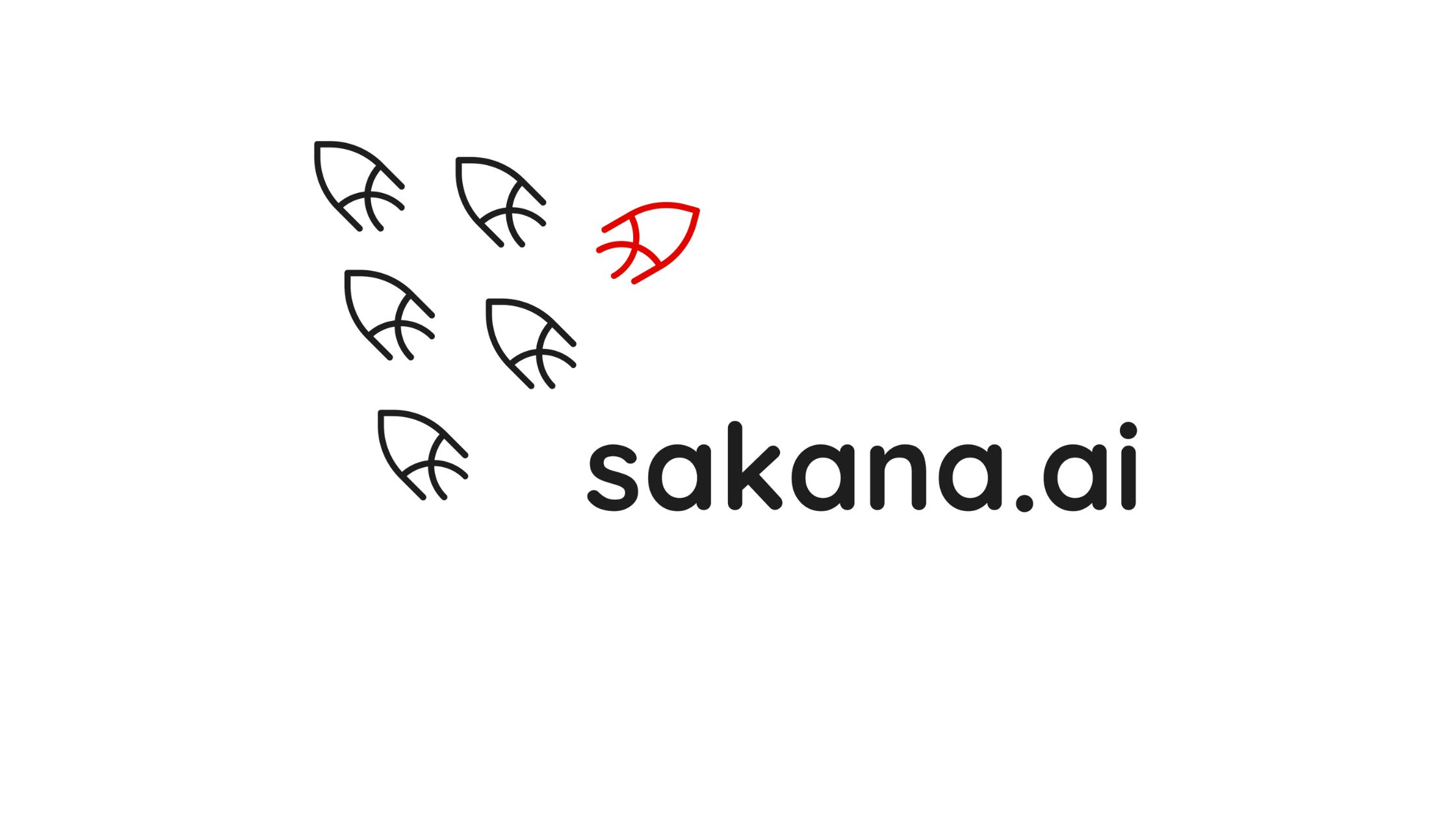Sakana AI has unveiled CycleQD, an innovative framework designed to streamline the development of multi-skill language models. By leveraging evolutionary algorithms, CycleQD enables the creation of diverse, task-specific agents without the need for expensive and time-intensive fine-tuning processes. This resource-efficient approach offers a sustainable alternative to the increasing computational demands of training larger models.
Traditional methods of fine-tuning large language models (LLMs) require careful balancing of datasets to prevent one skill from overshadowing others, often leading to the development of ever-larger models. In contrast, CycleQD rethinks this paradigm by evolving populations of smaller, specialized models. Inspired by quality diversity (QD), an evolutionary computing technique, CycleQD uses crossover and mutation operations to generate models with diverse skill combinations, reducing the reliance on large-scale model training.
Evolutionary Approach to Model Training
CycleQD begins with a collection of expert LLMs, each fine-tuned for a specific skill, such as coding or database operations. These skills, referred to as “behavior characteristics” (BCs), guide the creation of new models. The framework cycles through these skills, optimizing each one individually while maintaining the others as secondary metrics.
The process involves two key operations:
- Crossover: Combines parameters from two parent models to produce a hybrid model with shared capabilities.
- Mutation: Introduces variability by tweaking sub-skills, ensuring the resulting models explore new capabilities and avoid overfitting.
To implement mutation, CycleQD employs singular value decomposition (SVD), a mathematical method that simplifies the model’s skill components. By manipulating these components, the framework creates models that extend beyond the capabilities of their predecessors.
Proven Performance and Potential
In testing with Llama 3-8B models fine-tuned for coding, database management, and operating system tasks, CycleQD outperformed traditional fine-tuning and model merging methods. Despite training on more data, models fine-tuned using conventional methods demonstrated only marginal improvements, whereas CycleQD produced a range of models optimized for specific task combinations.
The researchers believe CycleQD’s efficiency and versatility open doors for lifelong learning in AI systems, enabling models to adapt and accumulate knowledge continuously. This could lead to the development of multi-agent systems, where specialized agents collaborate and compete to solve complex problems.
By providing a cost-effective and sustainable alternative to traditional model scaling, CycleQD signals a shift toward more practical and impactful AI applications.
Featured image courtesy of AsiaTechDaily







Leave a Reply